Seaspiracy is a great documentary, there is nothing to say about that. Just the sheer courage to go out there and risk it all in order to bring the truth forward is highly commendable (though whether it is the full truth has been heavily disputed in the marine conservation communities). Yet there is one thing that I disagree with and that’s to do with the ‘just stop eating fish’ claim.
As an ocean lover and ambassador myself, I understand where the idea comes from; the simple truth. Though, I think that it comes with many downsides and is unrealistic in many ways. Was it just to make it all sensational or was it a pure lack of knowledge?
Let’s explore this thought a bit more.
The local fishing industry
My first issue with the ‘stop eating fish’ recommendation is that it doesn’t take into account basic economics and especially that on the local level.
I myself live on an island and recall being once picked up by a local fisherman when paddling back in from a surf session. To my disbelief, the old pirogue of that kind-hearted gentleman was filled with tiny juvenile fish. With a bit of courage facing the fact that he kindly took me on board, I told him that taking out such small, juvenile, fish from the sea was not a sustainable way of fishing. He then explained that it was his livelihood and that there was nothing left in the sea. Now, this is totally wrong but without going in the ins and out of sustainability on the local level, I came to realize firsthand how much some people depend on fishing for a living.
To stop eating fish would be to take away the means of that elderly man. Surely he can go and do another job you may say, but things are never as simple as it seems. Some only have a trade they excel at and that may be going down their lineage from one generation to the next.
Source of protein for the less wealthy
We also need to take into account that not all of us have the privilege and access to different kinds of protein sources.
I myself have had a personal fight against canned tuna. I believe that it is one of the greatest sources of misery for the ocean. As pictured in the Seaspiracy documentary, it comes with the death not only of unwanted marine life such as sharks, turtles, and whales but also with that of the loss of innocent life struck by slavery onboard those shipping vessels. Yet, with the ongoing COVID-19 pandemic, you have to take into consideration the impact on the population which has a low income, a whole family to feed etc. It makes you realize that it is not as simple as preaching to just stop eating fish.
Let’s take for example the West African countries, namely Sierra Leone and Ghana where fish represents more than half of their protein intake. How could anyone think that to stop eating fish is in any way something positive for them? To save the ocean and let millions of people die of malnutrition? The World Fish Center and FAO are great sources of official information on those subjects.
Always make sure to check any facts that are thrown at you from official sources before making an opinion on anything.
Globalization and supporting the whole planet
As I wrote in my post ‘Salmon eating in Mauritius’, the biggest issue to sustainability comes from globalization. The Norwegian wild salmon stock may be enough for the Norwegian or maybe even the neighboring countries, but it is not for the entire world.
If you look at most if not all of the reasons for sea pillage, it is mainly due to overfishing and fishing technics implemented for mass production as it is well portrayed in Seaspiracy.
I believe that contrary to the Seaspiracy motto of stopping eating fish, the world should focus on eating locally farmed and fished produce. In that way, the locals would get their fish, tourists visiting the country would get to taste it, and at the same time, local fishermen would not lose their living.
Those who already believe
This is an issue that I encountered as an influencer for the environment on social media. I started with posts that were about the environment and I got really good feedback about it. The likes, comments, and love. But it all came from people that were on the same chapter as me; so how does it help?
Definitely, going mainstream on a platform such as Netflix allows reaching a wider audience. I think that Seaspiracy is a great catalyst for those sitting on the fence but it ends there.
Seaspiracy falling into extremes
No one likes to be told what to do, especially to be ordered around. It tends to alienate people and I think that it may be a problem with the Seaspiracy motto. Alienating people will make them completely put aside all the efforts made by organizations and people towards ocean stewardship; a big step back if you ask me.
Conclusion on Seaspiracy
Whether said the right way or not, Seaspiracy does have a good point. I do believe though that we need to find a better way to change those that are resistant to change, and that is a middle way.
I believe we should encourage local crafts and cultures and support those who live by those means.
The biggest issue that the world is facing is globalization and the need for convenience.
Better option
A more interesting option to that offered in the documentary would be to have people focusing on eating locally caught fish. That would bring more money to the local fishermen reducing the urge for them to fish more and especially juvenile fish.
It is also important to try to source fish directly from the fishermen. Cutting out the middle man has been an effective tactic since the dawn of time. By doing so the fishermen would be able to sell his catch at a more advantageous price and thus, even more, reduce his need to catch more fish.

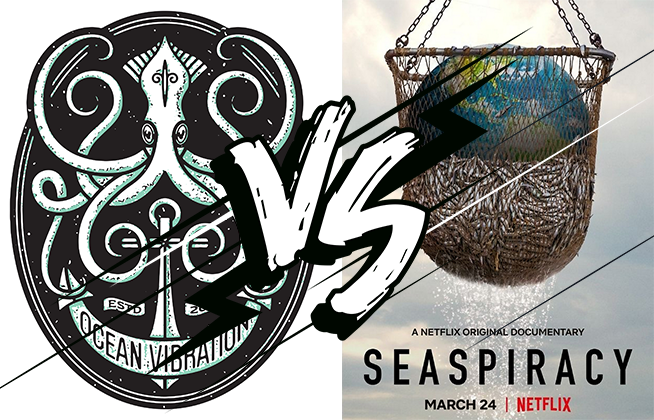
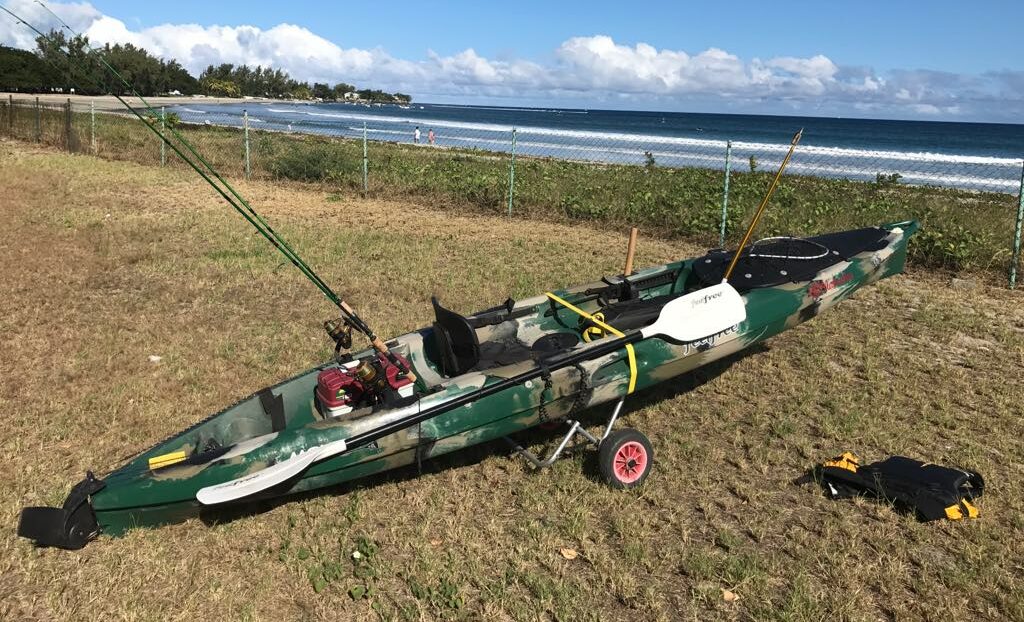
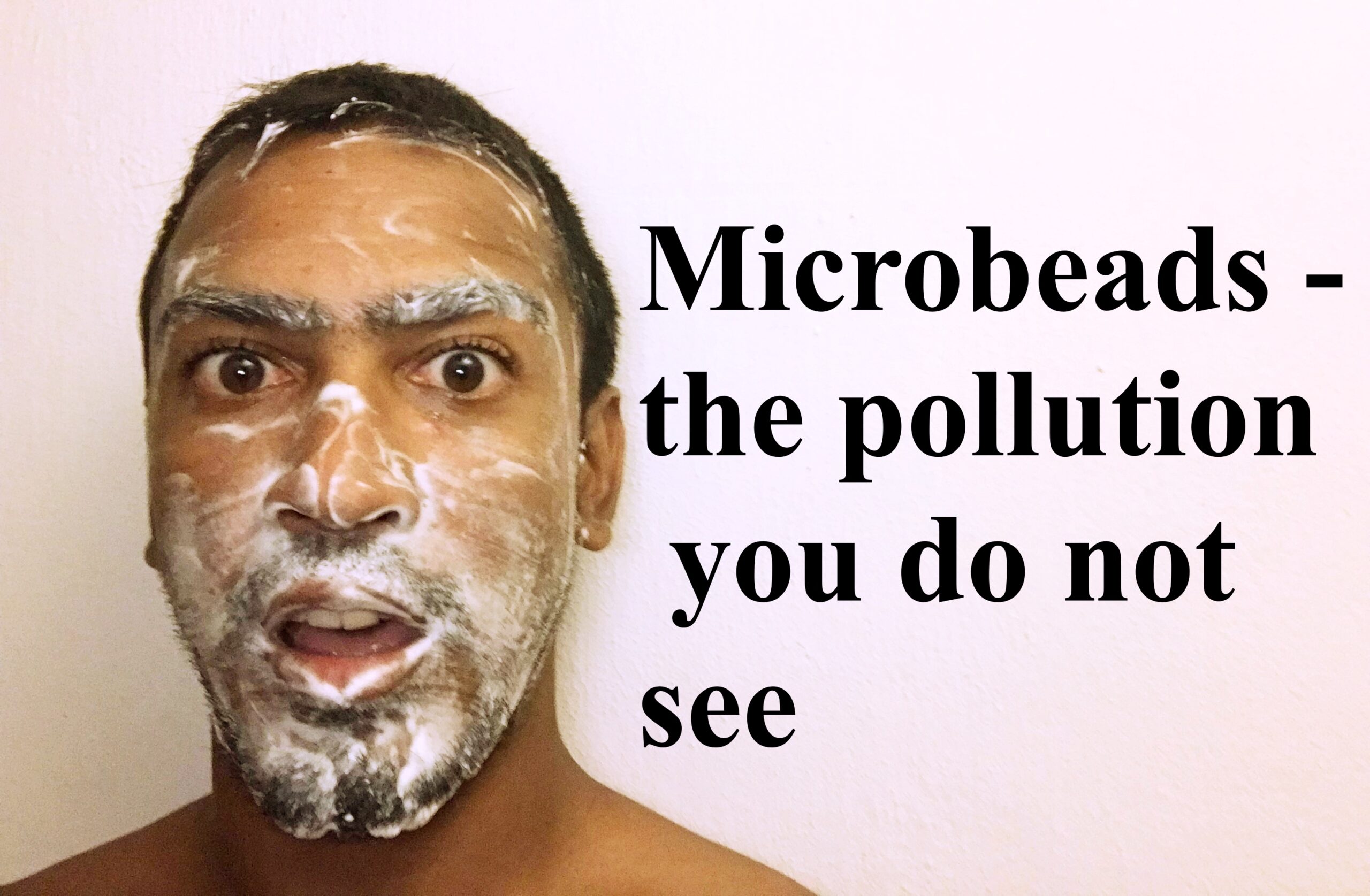
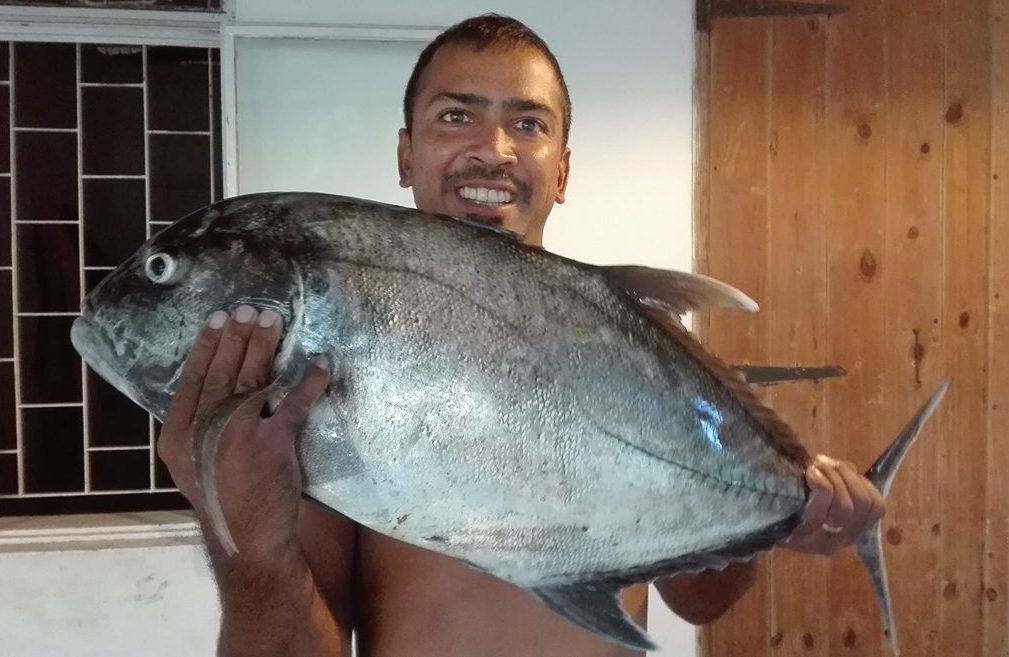
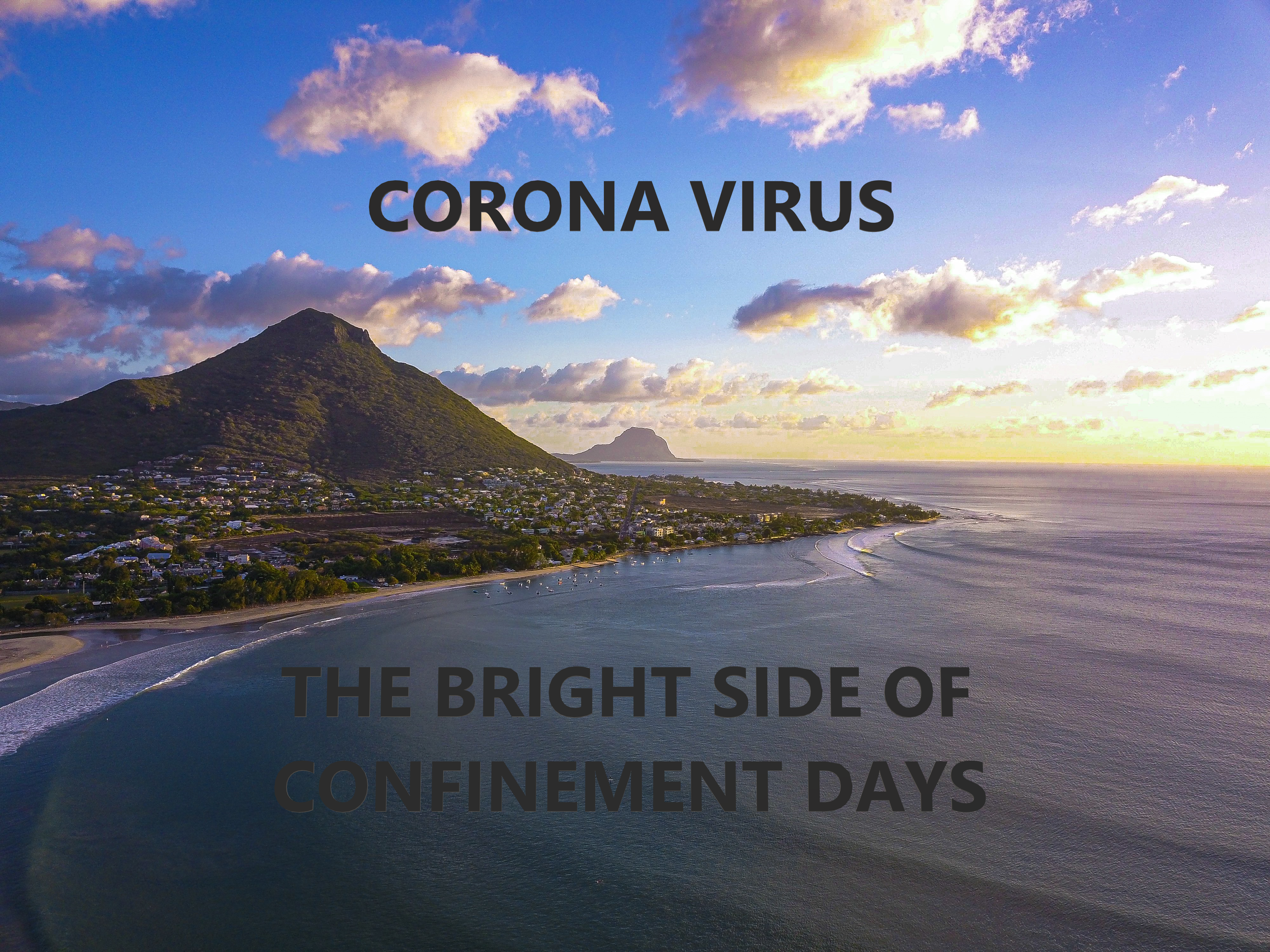
Very good article and great point of view.
“He then explained that it was his livelihood and that there was nothing left in the sea.”
Which goes to show: He is putting himself out of work, and in doing so helping to ruin the ecosystem for future generations of fishes, humans, etc. The problem: too many people eating too many fishes (plus climate change, pollution, etc).
“Yet, with the ongoing COVID-19 pandemic, you have to take into consideration the impact on the population which has a low income, a whole family to feed etc.”
There are many foods that are far less expensive and more healthful, than fish.
“Let’s take for example the West African countries…where fish represents more than half of their protein intake. How could anyone think that to stop eating fish is in any way something positive for them?”
It should be plainly apparent that the film’s recommendation to stop eating fish is not directed toward such people. What Seaspiracy instead does is show how harmful industrial fishing/fish farming is to them.
“No one likes to be told what to do, especially to be ordered around. It tends to alienate people and I think that it may be a problem with the Seaspiracy motto.”
What Seaspiracy “motto”?
Seaspiracy doesn’t tell anyone what to do. It presents grave problems affecting oceans and their inhabitants, and recommends a way the intended viewing audience can stop directly supporting the cruel and environmentally reckless fishing/fish farming industries: by not eating fish, which can also be better for their own health.
http://fishfeel.org/fish-is-a-health-hazard/
Hello from Morocco! Brilliant post, keep writing!
You should do a post on Cowspiracy
Your conclusion is the right one, we need a balance for long-term success.
Very good article. I do believe they were trying to be sensational. Thank you for sharing
I have been looking for an article like that to share with my friends on the subject. The vs. on the picture is a bit offputting though.
Thank you for sharing your point of view. Totally agree!
Your conclusion is right on point!
Very informative
Seaspiracy is aimed at Netflix viewers, not the western African population as you mentioned. Thus the fact that they can afford to tell the viewers what is best to do.
It is just another vegan propaganda. You make some good points that others should consider. Thank you for sharing.